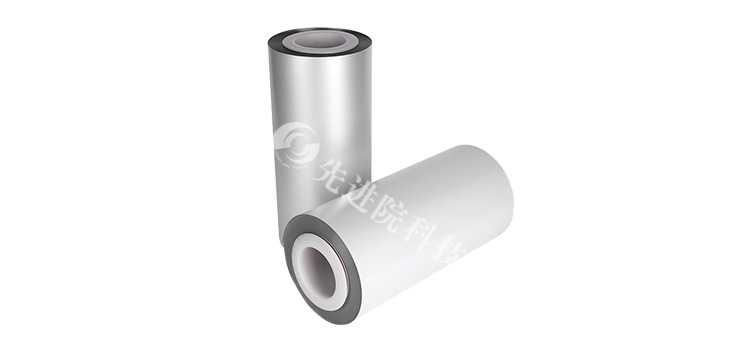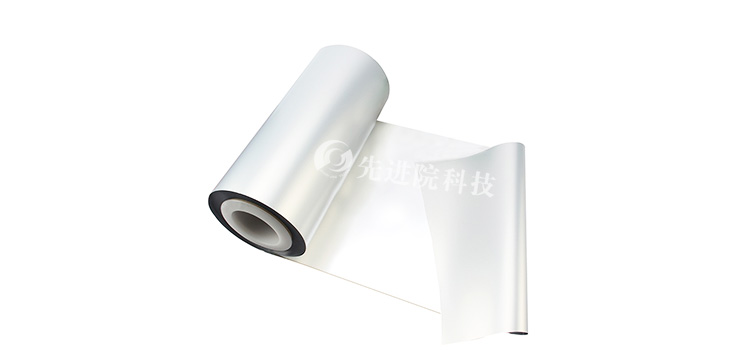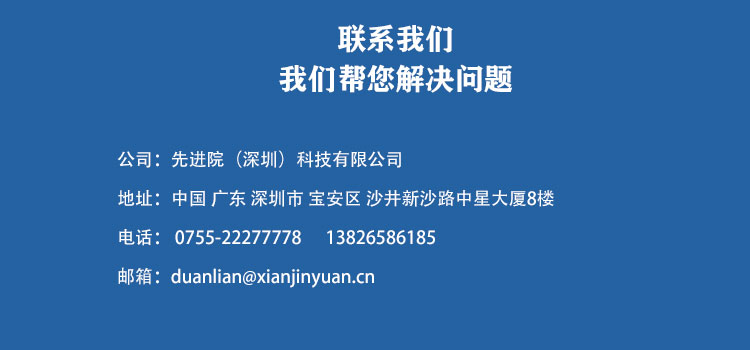

Hotline:0755-22277778
Tel:0755-22277778
Mobile:13826586185(Mr.Duan)
Fax:0755-22277776
E-mail:duanlian@xianjinyuan.cn
PET (polyethylene terephthalate) aluminum coated film is a functional film widely used in fields such as food packaging, electronic products, and building materials. By coating a layer of metallic aluminum on the surface of PET substrate, the film can be endowed with excellent barrier properties, reflectivity, and conductivity. However, traditional aluminum plating technology has problems such as poor uniformity of the aluminum layer and insufficient adhesion. In recent years, nanoscale aluminum particles have shown great potential in the preparation of PET aluminum coated films due to their small size effect and high surface activity. However, nanoscale aluminum particlesPET aluminum plated filmThe issue of dispersion stability during the preparation process has become a key factor restricting its widespread application. This article aims to explore the dispersion and stabilization technology of nanoscale aluminum particles in the preparation of PET aluminum coated film, in order to provide reference for research and application in related fields.
The double layer theory is one of the important theories for explaining the dispersion stability of nanoparticles. WhenNano sized aluminum particlesWhen dispersed in a solution, due to the surface charge of the particles, they attract surrounding counter ions to form a double layer structure. The presence of the double layer generates electrostatic repulsion between nanoparticles, thereby preventing particle aggregation and settling. Therefore, by regulating the surface charge properties of nanoscale aluminum particles, their stable dispersion in solution can be achieved.
The steric hindrance effect refers to the protective layer formed by polymer segments or surfactant molecules on the surface of nanoparticles, which prevents particle aggregation through physical barrier action. In the preparation process of PET aluminum plated film, an appropriate amount of polymer dispersant or surfactant can be added to improve the dispersion stability of nanoscale aluminum particles through steric hindrance effect.
Choosing the appropriate dispersant is crucial for improving the performance of nanoscale aluminum particlesPET aluminum plated filmThe key to dispersion stability in preparation. Dispersants should have good wetting and adsorption properties, and be able to effectively adsorb onto the surface of nanoparticles to form a protective layer. Meanwhile, the molecular structure of the dispersant should be compatible with the PET substrate to avoid negative effects on the performance of the aluminum plated film. By optimizing the types and amounts of dispersants, stable dispersion of nano-sized aluminum particles can be achieved in the preparation of PET aluminum coated films.
The optimization of dispersion process is also an important means to improve the dispersion stability of nanoscale aluminum particles. During the dispersion process, the temperature, pH value, and stirring speed of the dispersion medium should be strictly controlled to ensure the uniform dispersion of nanoparticles. In addition, advanced dispersion techniques such as ultrasonic dispersion and high-pressure homogenization can be used to further improve the dispersion effect of nanoscale aluminum particles.
Changing the physical and chemical properties of the surface of nanoscale aluminum particles through surface treatment is also an effective way to improve their dispersion stability. For example, surface modification treatment can be applied to nanoscale aluminum particles by introducing specific functional groups or coatings to enhance the electrostatic repulsion or steric hindrance effect between particles. In addition, surface modification methods such as plasma treatment and electron beam irradiation can be used to improve the dispersion stability of nanoscale aluminum particles in the preparation of PET aluminum coating.
Nano sized aluminum particlesPET aluminum plated filmThe application in preparation has broad prospects. By optimizing dispersion stabilization technology, it is possible to achieve uniform distribution and high adhesion of nano-sized aluminum particles in PET aluminum plating film, thereby improving the barrier, reflectivity, and conductivity of the aluminum plating film. However, the dispersion stability of nanoscale aluminum particles remains an urgent problem to be solved. In the future, further in-depth research is needed on the dispersion and stability mechanism of nanoscale aluminum particles, and more efficient dispersion and stability technologies and methods need to be developed to meet the practical needs of PET aluminum coating preparation.
The dispersion and stabilization technology of nanoscale aluminum particles in the preparation of PET aluminum coating is the key to achieving high-performance PET aluminum coating preparation. By selecting appropriate dispersants, optimizing dispersion processes, and surface treatment of nano-sized aluminum particles, the dispersion stability of nano-sized aluminum particles in PET aluminum coating preparation can be effectively improved. With the continuous development and improvement of related technologies, it is believed that the application of nanoscale aluminum particles in the preparation of PET aluminum coating will become more extensive and in-depth.
The above data is for reference only, and specific performance may vary due to production processes and product specifications.

先进院(深圳)科技有限公司, © 2021 www.leird.cn. All rights reserved 粤ICP备2021051947号-1 © 2021 www.xianjinyuan.cn. All rights reserved 粤ICP备2021051947号-2